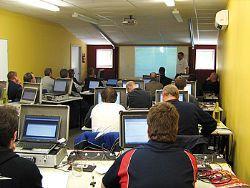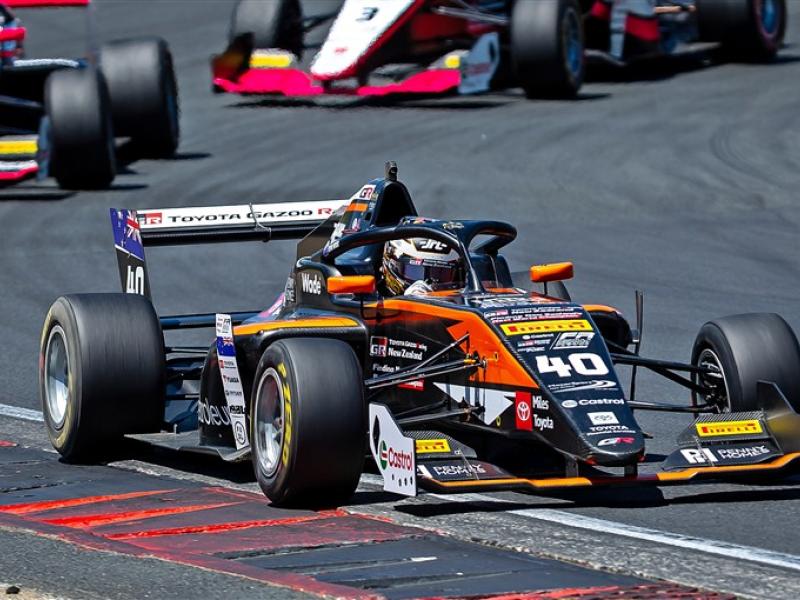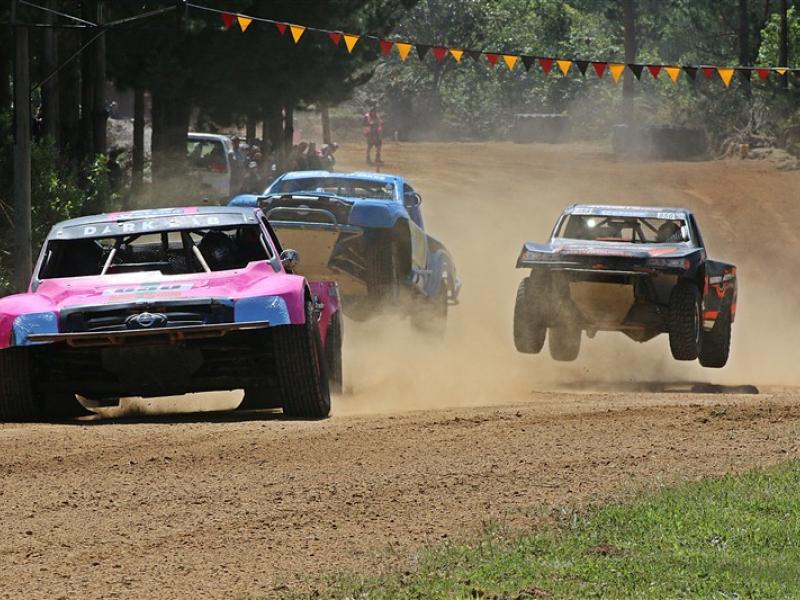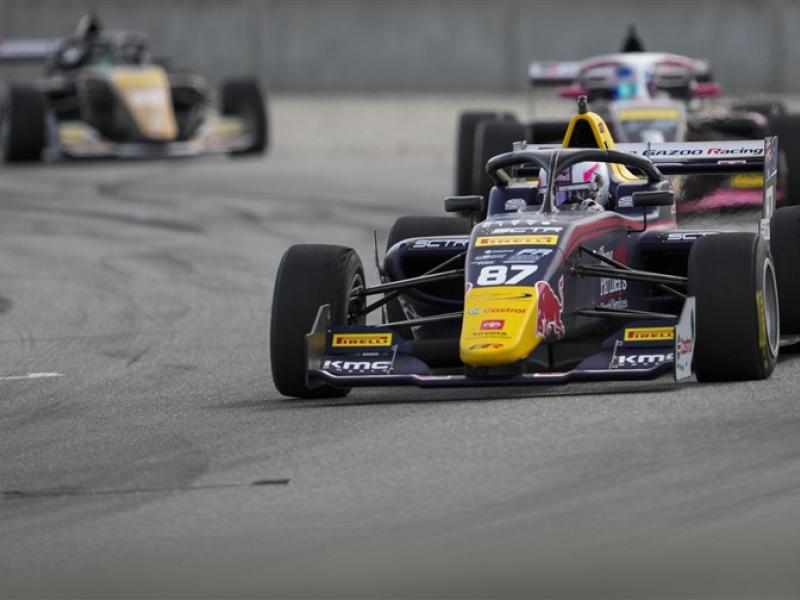Many workshop owners invest in expensive, sophisticated diagnostic plant. But buying it is only one side of the coin – technicians must also know how to use this equipment optimally to get a full return on investment. To accomplish that, they need training. AECS Ltd Managing Director Herbert Leijen says the practice in many workshops is often to buy diagnostic equipment, and have a quick day or half day’s worth of training conducted by the vendor chucked into the sales price. In many instances, however, this is not enough. “It’s not realistic to think this will get the workshop owner somewhere in our high tech automotive world. Current technology is at such a level that only people with serious skills and dedication will be able to maintain a profitable business,” he says. Hastings-based AECS was established in Holland in 1999 and opened a branch in New Zealand in December 2000. The company focuses on providing diagnostic training seminars but also sells an extensive range of diagnostic and emission inspection equipment, both activities across New Zealand and Australia. Leijen regularly attends training seminars across the globe and engages in ongoing research to ensure he stays abreast of technological developments. “It’s simply not viable for businesses to spend the same time and money on research and in-depth training we as a training institute do. A more efficient option is to buy into our knowledge base, by attending one of our training seminars” he says. The two-day training is classroom based and focuses on providing the attendees with practical experience of sound diagnostic practices. Leijen explains the advantage of classroom-based training by an experienced diagnostician is that questions can be dealt with immediately and explanations adjusted to the skill and experience level of the student. “This can’t be achieved by for example Internet-based training. The peer contact amongst the predominantly senior technicians is also invaluable. “I design the material to suit the New Zealand market, delivering the information in a straightforward, hands-on manner. We don’t focus on the kind of boring theory and calculations that’s never used in the workshop. All information is directly applicable to the New Zealand vehicle fleet and problems the technicians, and we, deal with every day,” he says. Leijen says customers indicate technicians readily apply their newfound knowledge from the first day back on the job. This translates into an instant return for the business owner through fewer comebacks and less work passed on, and an instant lift in the service level the businesses can offer their customers. “They reckon the technicians are more motivated, which increases productivity and efficiency. I think most technicians chose the trade because of a passion for the mechanical side of the motorcar, to nut problems out, to repair, and have the satisfaction of a job well done. The fact is most problems on modern vehicles are electronic, and many mechanical problems are caused by sometimes simple electronic faults. “Electronics can be daunting, but training by an experienced trainer who’s also an expert in the field can make automotive electronics as easy to understand and as exciting to diagnose and repair as any mechanical job,” he says. In addition, many diagnostic cases can be solved using simple everyday tools like multi meters and LED testers: “We teach technicians how to get the most out of these tools whilst instilling the knowledge to take things further if they wish. That knowledge also teaches the participant to know how far they can go and when to pull out as a result of inadequate tooling, reducing the likelihood of getting into expensive trouble.” Leijen says in many cases he advises people who plan to buy new equipment to attend one of AECS’s training seminars first: “We’ve prevented many costly purchase disasters for our customers that way. The knowledge gained during the seminars is an extra input for the workshop owner into deciding what equipment finally to buy.” AECS has trained more than 1600 industry workers. Many students attend more than one seminar. The four staff members from Petermark Automotive from Wairau Valley, North Shore, have completed nine courses and plan to go back for more. Peter Jones, who co-owns the company with Mark Nottingham, explains why: “Herbert has the knack to explain complicated concepts in basic, easy to understand terms. “There’s a logical approach in everything he does. Also, the courses are like building blocks. Mark and I decided to attend the basic courses to prepare out our minds for the more advanced ones. Well, even though we knew a lot to start with we still learned much. “The courses, as well as the contact with other people from the industry, really stimulated our thoughts, not only about what’s happening out there in the industry, but also about new ways of doing things. Herbert is a valuable contributor to the ongoing success of our business,” Jones says. For more information on New Zealand training seminars and the annual series of specialist diesel seminars across Australia, contact the AECS team on 06-8749 077 or visit www.aecs.net
Expert Training makes all the difference
Expert Training makes all the difference
Motorsport
Wednesday, 10 September 2008






